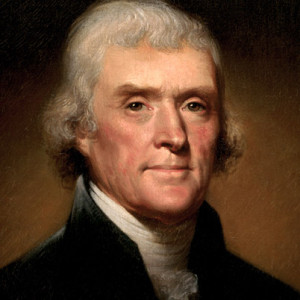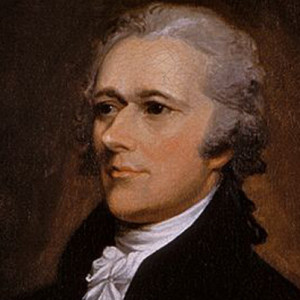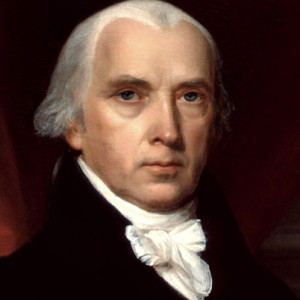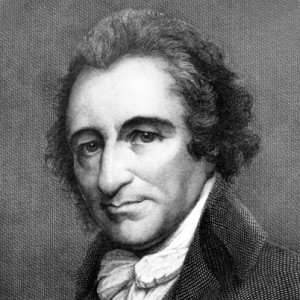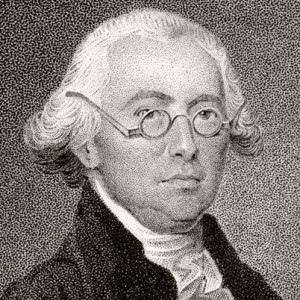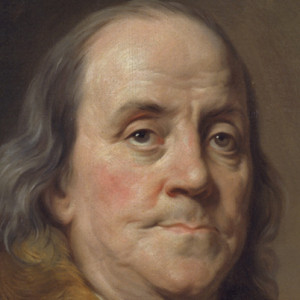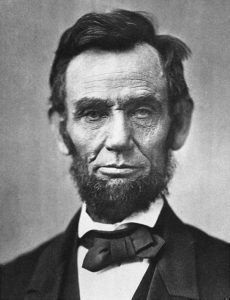The Founding Fathers and Lincoln endorsed majority rule. Here are their best quotes.
Thomas Jefferson
- Notes of the State of Virginia, 1780s: “After the establishment of the new form they adhered to the Lex majoris partis, founded in common law as well as common right. It is the natural law of every assembly of men, whose numbers are not fixed by any other law.”
- Letter to Madison, 1787: “After all, it is my principle that the will of the Majority should always prevail. If they approve the proposed [constitution,] I shall concur in it chearfully, in the hopes that they [i.e., a Majority] will amend it whenever they shall find it work wrong.”
- First Inaugural Address, 1801: “All, too, will bear in mind this sacred principle, that though the will of the majority is in all cases to prevail, that will to be rightful must be reasonable; that the minority possess their equal rights, which equal law must protect, and to violate would be oppression.” He further described “absolute acquiescence in the decisions of the majority” as “the vital principle of republics.”
Jefferson said a lot about majority rule. See here and here for more.
Alexander Hamilton
- Resolutions for a General Convention, 1783: “In requiring the assent of nine States to matters of principal importance, and of seven to all others, except adjournments from day to day; a rule destructive of vigor, consistency, or expedition in the administration of affairs; tending to subject the sense of the majority to that of the minority, by putting it in the power of a small combination to retard, and even to frustrate, the most necessary measures; and to oblige the greater number, in cases which require speedy determinations, as happens in the most interesting concerns of the community, to come into the views of the smaller; the evils of which have been felt in critical conjunctures, and must always make the spirit of government a spirit of compromise and expedient rather than of system and energy.”
- September 10, 1787: Hamilton supported amendment ratification by a majority of states: “There was no greater evil in subjecting the people of the U. S. to the major voice than the people of a particular State…It was equally desireable now that an easy mode should be established for supplying defects which will probably appear in the New System.”
- Federalist 22, 1787: The “fundamental maxim of republican government” is “that the sense of the majority should prevail.”
- Federalist 22, 1787: “To give a minority a negative upon the majority (which is always the case where more than a majority is requisite to a decision), is, in its tendency, to subject the sense of the greater number to that of the lesser.”
James Madison
- Federalist 10, 1787: “If a faction consists of less than a majority, relief is supplied by the republican principle, which enables the majority to defeat its sinister views by regular vote.”
- Federalist 58, 1788: “It has been said that more than a majority ought to have been required for a quorum; and in particular cases, if not in all, more than a majority of a quorum for a decision. That some advantages might have resulted from such a precaution, cannot be denied. It might have been an additional shield to some particular interests, and another obstacle generally to hasty and partial measures. But these considerations are outweighed by the inconveniences in the opposite scale. In all cases where justice or the general good might require new laws to be passed, or active measures to be pursued, the fundamental principle of free government would be reversed. It would be no longer the majority that would rule: the power would be transferred to the minority.”
- Letter to Jefferson, 1825: “the will of the nation being in the majority, the minority must submit to that danger of oppression as an evil infinitely less than the danger to the whole nation from a will independent of it.”
- Letter, 1833: “…the vital principle of republican government is the lex majoris partis, the will of the majority.”
- Letter, 1834: “…the problem to be solved, is not what form of Government is perfect, but which of the forms is least imperfect: and here the general question must be between a republican government, in which the majority rule the minority, and a government in which a lesser number or the least number rule the majority.”
Thomas Paine
- Rights of Man, 1792: “…such is the nature of representative government, that it quietly decides all matters by majority.”
- Pamphlet, 1795: “In all matters of opinion, the social compact, or the principle by which society is held together, requires that the majority of opinions becomes the rule for the whole, and that the minority yields practical obedience thereto. This is perfectly conformable to the principle of equal rights: for, in the first place, every man has a right to give an opinion but no man has a right that his opinion should govern the rest….It will sometimes happen that the minority are right, and the majority are wrong, but as soon as experience proves this to be the case, the minority will increase to a majority, and the error will reform itself by the tranquil operation of freedom of opinion and equality of rights. Nothing, therefore, can justify an insurrection, neither can it ever be necessary where rights are equal and opinions free.”
- Pamphlet, 1805: “The fundamental principle in representative government is, that the majority governs; and as it will be always happening that a man may be in the minority on one question, and in the majority on another, he obeys by the same principle that he rules.”
James Wilson
- Constitutional Convention, July 5, 1787: “The majority of people wherever found ought in all questions to govern the minority.”
- Lectures, 1790: “As to the people, however, in whom sovereign power resides,….[f] rom their authority the constitution originates: for their safety and felicity it is established; in their hands it is clay in the hands of the potter: they have the right to mould, to preserve, to improve, to refine, and to finish as they please. If so; can it be doubted, that they have the right likewise to change it? A majority of the society is sufficient for this purpose.
George Mason
- George Mason/Virginia Convention of Delegates, Virginia Declaration of Rights, 1776: “That government is, or ought to be, instituted for the common benefit, protection, and security of the people, nation or community; of all the various modes and forms of government that is best, which is capable of producing the greatest degree of happiness and safety and is most effectually secured against the danger of maladministration; and that, whenever any government shall be found inadequate or contrary to these purposes, a majority of the community hath an indubitable, unalienable, and indefeasible right to reform, alter or abolish it, in such manner as shall be judged most conducive to the public weal.”
Benjamin Franklin
- June 11, 1787: Franklin said decisions of the legislature “should be by the majority of members” and that majority rule was “the common practice of assemblies in all countries and ages.”
Abraham Lincoln
- First Inaugural, 1861: “Unanimity is impossible; the rule of a minority, as a permanent arrangement, is wholly inadmissible; so that, rejecting the majority principle, anarchy or despotism in some form is all that is left.”
